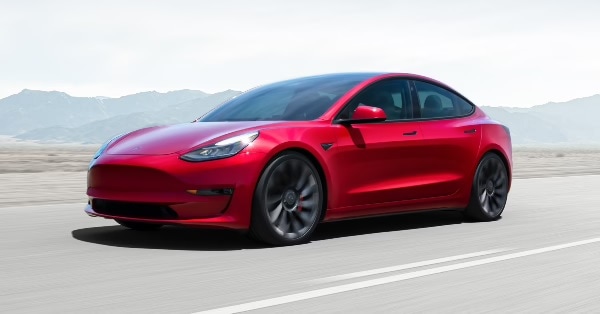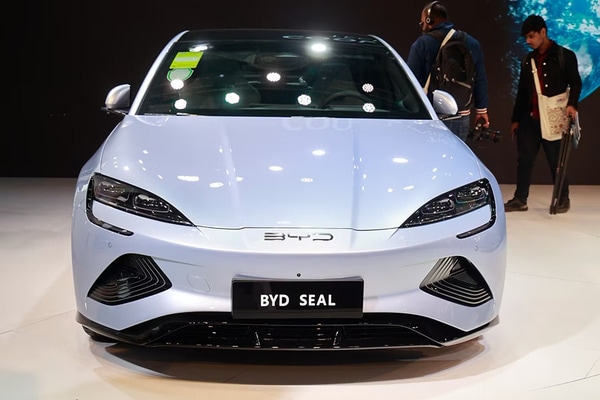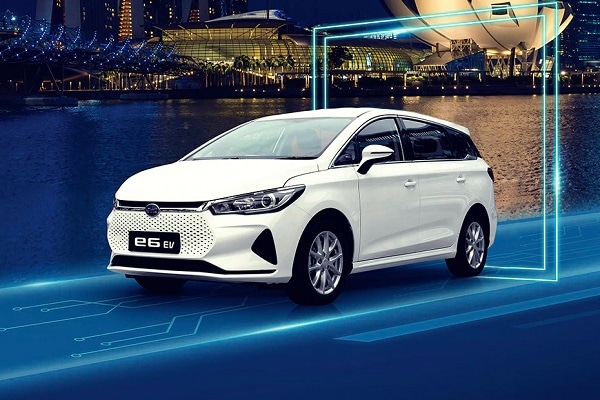From Huawei and Xiaomi to Apple, why tech giants are turning to electric cars
- The fast-growing electric car space is just too tempting for consumer electronics brands to ignore.
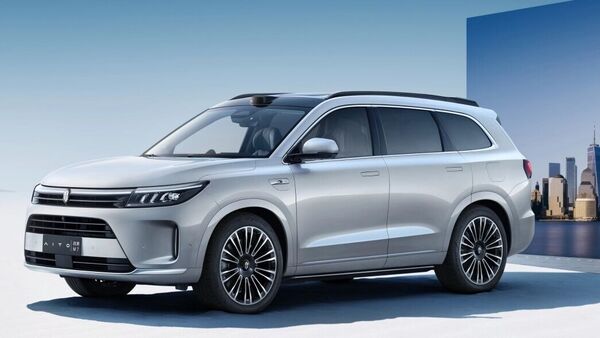

The intense competition among electric car makers in China is getting hotter still. While local EV brands like BYD, Nio, Xpeng and Chery have had to face off against foreign rivals like Tesla, Mercedes, Volkswagen and many more, there is a new breed of competitors on the horizon - smartphone makers.
Leading the charge are consumer electronics' giants Huawei and Xiaomi who have officially entered into the EV space in China. While Huawei says it has already received 80,000 orders for its debut Aito M7 SUV in around 50 days since its official launch, Xiaomi SU7 electric sedan was recently showcased as well.
Also check these Cars
But why the fuss around EVs? After all, both Huawei and Xiaomi have a mile-long list of products on offer for consumers around the world - from smartphones, WiFi routers and laptops to even vacuum cleaners and air purifiers. But market watchers say the growth in space for EVs is likely to be far quicker - and larger - than scope in consumer electronics' space. And it may be this that brands like Huawei and Xiaomi are looking to tap into.
Does experience not matter?
Brands like Mercedes, Volkswagen, Hyundai and Toyota have decades of experience manufacturing vehicles. It is this experience that each of these brands are leaning on to further their respective electric ambitions as well. But the EV game has also levelled the playing field significantly. Take the case of Tesla, a company that is just two decades old but now a leader in the global EV market.
Tesla's rise has been meteoric, leaving behind traditional car makers by a significant bit. And even as rival brands look to play catch up, the biggest potential threat could be coming in from a new crop of Chinese EV makers that may or may not have the experience but are fast gaining expertise.
How big is the market for EVs?
China is the world's largest EV market with fully-electric and hybrid models accounting for around 26 per cent of all vehicle sales in the country. In 2022 alone, around 5.4 million battery-electric vehicles were sold in the country, an impressive jump of 83 per cent from sales figures of 2021.
Globally too, the charge of EVs is definitely on. It is predicted that the revenue in 2023 could touch $560 billion and that EV sales could hit 17 million units by 2028. It is much too vast a space for consumer electronics' brands to not be attracted to.
Huawei Aito M7 SUV
The Aito M7 hybrid SUV from Huawei was showcased in September and comes in five versions. Priced between 249,800 yuan and 329,800 yuan (approximately ₹29.30 lakh to ₹38.70 lakh), it offers two seat options as well - five and six.


The Huawei SUV model comes with as many as 27 sensors and is fitted with ADAS technology. Mechanically, it comes with a two-wheel drive as well as four-wheel drive versions with the former getting a single electric motor while the other getting a dual electric motor setup.
Xiaomi SU7 EV
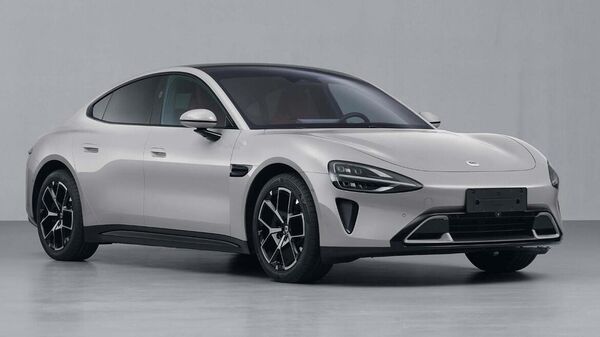

Xiaomi has taken the covers off of the SU7 electric sedan which will eventually be offered in two versions - one with Lidar and the other without. It will also go on sale in three broad variants - SU7, SU7 Pro, and SU7 Max. The RWD version will come with a single electric motor mounted on the rear axle. It will produce 295 bhp whereas the all-wheel drive version will produce 663 bhp. The AWD drivetrain will come with a 295 bhp electric motor mounted on the front axle and a 368 bhp electric motor mounted on the rear axle.
Sony-Honda Afeela
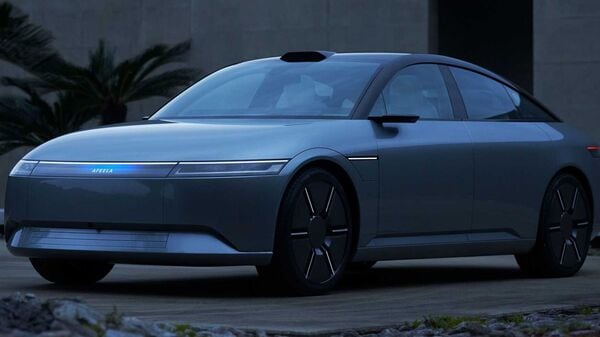

A joint venture between Sony and Honda - called Sony Honda Mobility - is working on an electric car which has been named Afeela. Not much is known about the model yet although it is based on the Vision-S concept that was showcased in full in 2022.
Apple Car
Numerous reports have highlighted how Apple is doggedly determined to enter the EV space. Rumours around an iCar have been circulating for a few years and there are even reports that the makers of iPhone have snared top officials from EV companies to work on its top-secret endeavour which is called Project Titan.







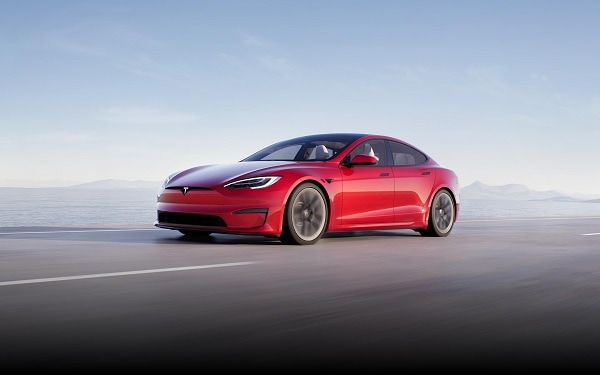
 75 kWh
75 kWh 396 km
396 km